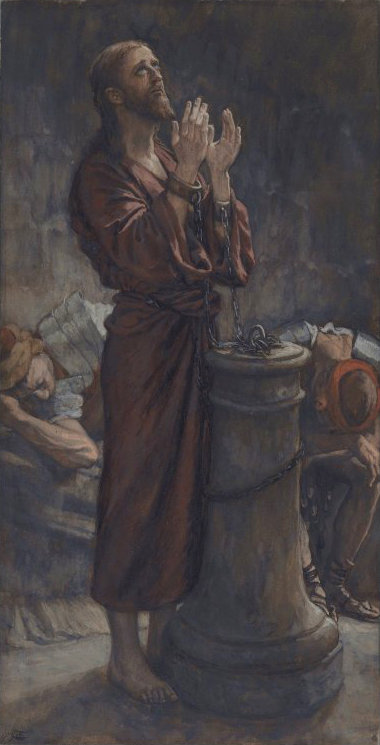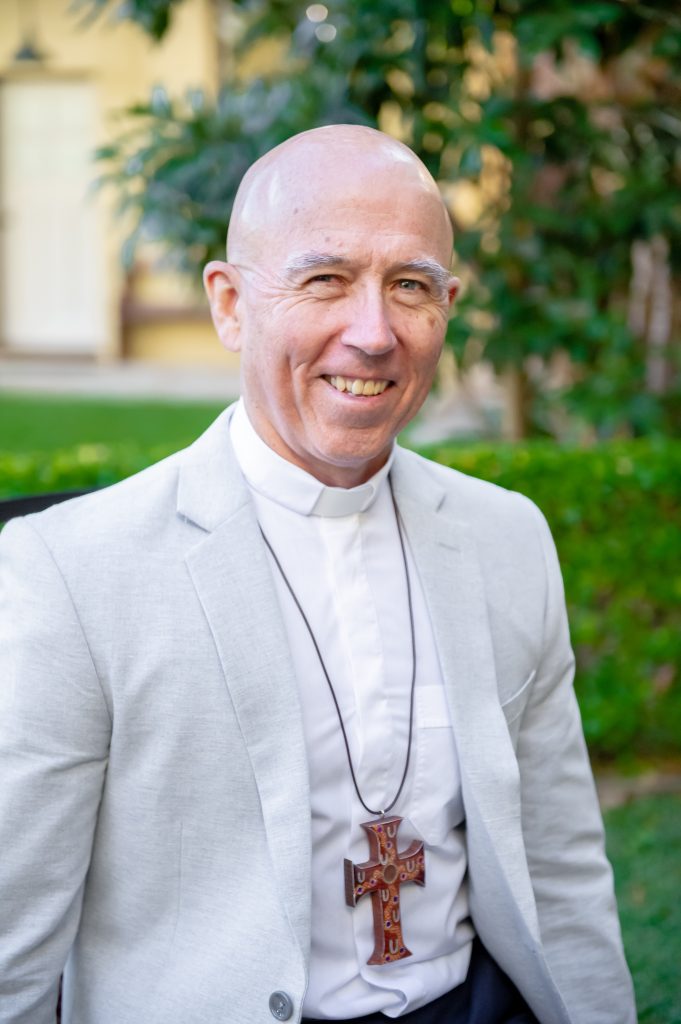The Jubilee of Prisoners is an opportunity for us to commit ourselves to the support of people incarcerated in prisons and detention centres and their loved ones and friends. It also commits us to a hope which believes in the capacity of communities to facilitate the reintegration of both offenders and victims of crime into the community.
PRAYER
Loving Jesus,
You taught us to love our neighbour,
including those who are in prison.
Every person in jail is precious to you,
worthy of love and respect.
Inspire us to support and care for all who are imprisoned.
Though many may reject and despise them,
help us to be merciful as you are merciful.
Let your love shine through our efforts to accompany them
and to care for their families who are deprived of their presence.
And when they complete their sentences and return to society,
help us to accompany them on their journey of healing and rehabilitation.
Encouraged by our support, may the flame of hope burn brightly in their lives.
Amen.
TEACHING
From the Australian Catholic Bishops Conference Social Justice Statement, Building Bridges, Not Walls: Prisons and the justice system (2011):
“All of us are called to respect the human dignity of every person, including those who have committed serious crimes. State limitations on freedom always require justification. Punishment of offenders can help to preserve public order and safety, but it should also assist the rehabilitation of offenders and protect their human rights.
“In 2007, a World Congress of the International Commission of Catholic Prison Pastoral Care took place in Rome, taking the theme ‘Discovering the face of Christ in every prisoner’. The Congress, echoing words of Pope John Paul II, said: ‘The world does not need walls but bridges’. The chaplains stated: ‘We strongly advocate and work for justice that restores, heals and protects; a justice that makes the offenders accountable for what they have done; a justice that provides restitution to the victims who are most of the time ignored and forgotten by the current justice system; a justice that engages the community in facilitating the healing process, thus leading to the re-integration of the victim and the offender to the community’.”

From the Address of Pope Benedict XVI to the participants in the 12th World Congress of the International Commission of Catholic Prison Pastoral Care (2007):
“Prisoners easily can be overwhelmed by feelings of isolation, shame and rejection that threaten to shatter their hopes and aspirations for the future. Within this context, chaplains and their collaborators are called to be heralds of God’s infinite compassion and forgiveness. In cooperation with civil authorities, they are entrusted with the weighty task of helping the incarcerated rediscover a sense of purpose so that, with God’s grace, they can reform their lives, be reconciled with their families and friends, and, insofar as possible, assume the responsibilities and duties which will enable them to conduct upright and honest lives within society.
“Judicial and penal institutions play a fundamental role in protecting citizens and safeguarding the common good. At the same time, they are to aid in rebuilding “social relationships disrupted by the criminal act committed”. By their very nature, therefore, these institutions must contribute to the rehabilitation of offenders, facilitating their transition from despair to hope and from unreliability to dependability. When conditions within jails and prisons are not conducive to the process of regaining a sense of a worth and accepting its related duties, these institutions fail to achieve one of their essential ends. Public authorities must be ever vigilant in this task, eschewing any means of punishment or correction that either undermine or debase the human dignity of prisoners. In this regard, I reiterate that the prohibition against torture “cannot be contravened under any circumstances”.”
TESTIMONY

“When studying at the seminary, as I was a qualified physiotherapist, I was given permission to do my pastoral work at Pentridge Prison in Melbourne.
“On one occasion, while treating a guy in solitary confinement, he chose to talk about his life and his ‘sins’ against society. The more he disclosed during the treatment, the more uncomfortable I became.
“I began asking myself if I should be treating someone who had caused so much harm to others. The next day, at the theological college where I studied, I took this issue to a moral theology class – should I be healing this guy? That sparked a genuine debate in the classroom for over two hours, facilitated by the lecturer. Some people thought that prisoner did not deserve treatment. Others said that it was the right thing to do.
“After the debate, I was clear that I wasn’t going to the prison to judge. I was going there to provide healing, so I continued to treat the prisoner. And that’s what prison chaplaincy brings to many around the country. These chaplains are people who understand the healing mission of Jesus. They go into uncomfortable environments, but they’re not deterred. Mother Teresa spoke about the need to be with the most marginalised in society. And you will find Jesus there. Prison chaplains get that.”
– Bishop Tim Norton SVD (From the Archdiocese of Brisbane).
PRAYERS OF INTERCESSION
For those in prisons and detention centres, that they may always be offered loving ministry and support from chaplains and faith communities.
We pray to the Lord.
For the families and friends of those in prisons and detention centres, that they may be surrounded by care and assistance as they strive to support their loved ones in prison, while living every day with the absence of those who are dear to them.
We pray to the Lord.
ADDITIONAL RESOURCES
Catholic Prison Ministries Coalition
Creative Commons Licence
The text of this publication is licensed under a Creative Commons Attribution – NonCommercial – Share Alike 3.0 Australia Licence. Please attribute this publication to the Bishops Commission for Evangelisation, Laity and Ministry, November 2024. This resource may be reproduced or photocopied in its entirety or in part. No copyright fee is payable.